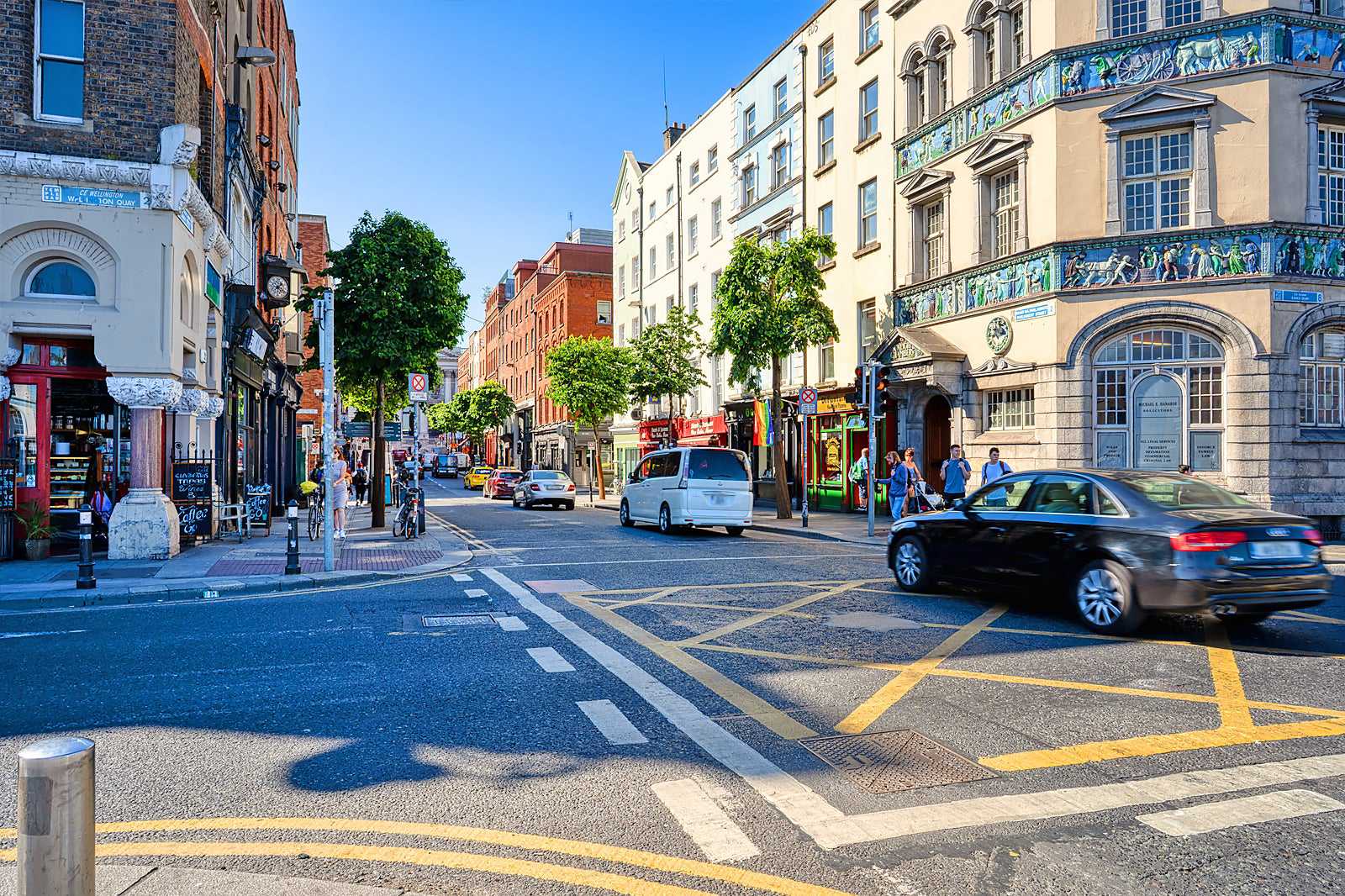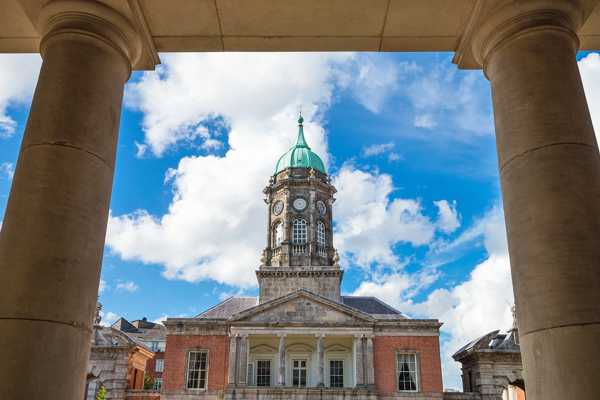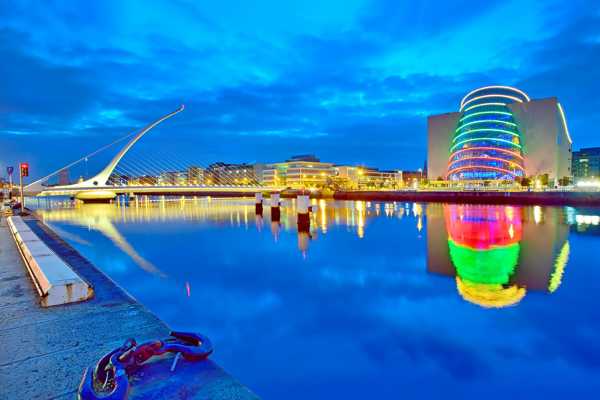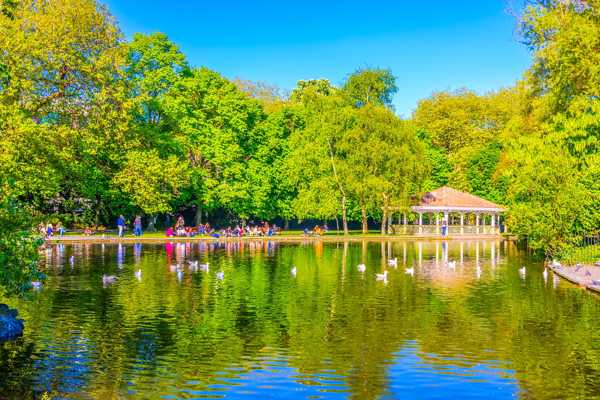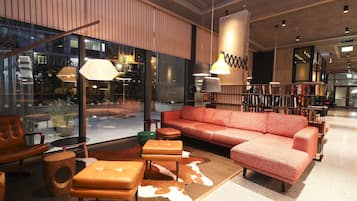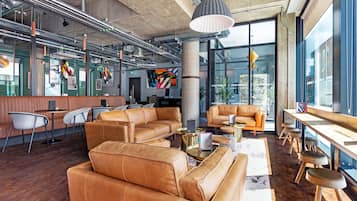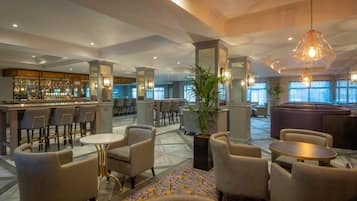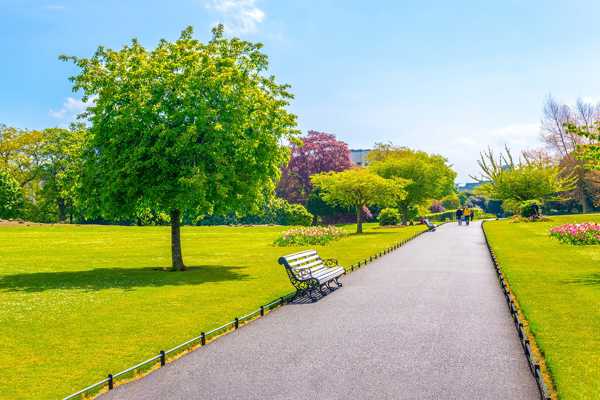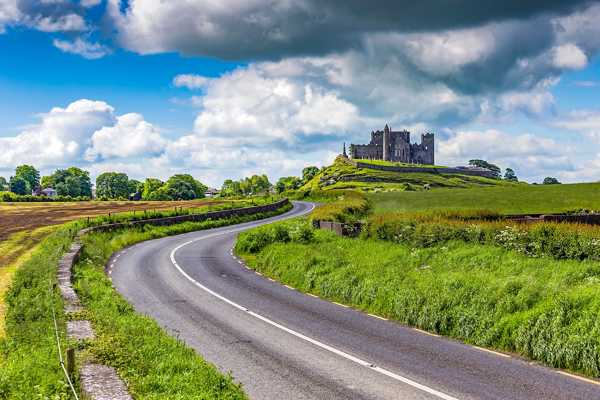The most popular streets in Dublin tend to draw visitors for their historical architecture, interesting shops and traditional Irish pubs. Some streets are known for their opulent, palace-like homes, while others attract tourists with their graffiti-covered buildings. And that’s not to mention the iconic landmarks that hide around almost every corner.
Whether you want to visit a traditional crafts market, watch horse-drawn carts deliver goods or simply admire an attraction such as Dublin Castle, there’s a street in the capital on which you could spend all day. Discover the most popular streets in Dublin to make the most of your trip.
- 1
O'Connell Street
Dublin’s monument-laden main thoroughfare

- Storia
- Foto
- Acquisti
O’Connell Street is Dublin’s main thoroughfare, which was named after the 19th-century nationalist leader Daniel O'Connell. In addition to being lined with stores, such as the famous Clerys department store, O’Connell Street is home to several monuments that highlight its historical importance, including the Spire of Dublin and the statues of O’Connell and union leader James Larkin.
There are 2 tram stops along the 600-metre-long O’Connell Street: O’Connell GPO and O’Connell Upper. If you want to check out the statues along this street without having to jostle with crowds, we recommend heading here on a Sunday, before 11 am.
MappaFoto di Chris Yunker (CC BY 2.0) modificata
- 2
Grafton Street
Upscale shopping and live street performances

- Coppie
- Famiglie
- Storia
- Vita notturna
- Foto
- Acquisti
Grafton Street is one of Dublin’s principal shopping destinations, often ranking high on the list of world’s most expensive shopping streets. It’s home to landmarks such as Brown Thomas, an Irish luxury department store, and Bewley's Grafton Street, a grand café that’s been delighting customers since 1927.
On top of shopping, Grafton Street attracts crowds with its many street performers and buskers. Famous names to have performed on the street include Damien Rice, Paddy Casey and U2’s Bono, who often performs here on Christmas Eve. You can watch street performances daily from 11 am to 11 pm.
Mappa - 3
Moore Street
Home to a historical market

- Coppie
- Cibo
- Storia
- Foto
- Acquisti
Stroll down Moore Street and you’ll see street vendors selling fruit and vegetables from colourful market stalls at Ireland’s oldest food market. Adding to the street’s historical significance is a row of terraces that played a pivotal role in the Easter Rising. These terraces have now been declared a national monument.
We recommend visiting Moore Street early in the morning as the famous market usually remains busy from 10 am to 3 pm. If you’re lucky, you may see goods being delivered by a horse-drawn cart, which is reminiscent of how the market operated during the 18th, 19th and early 20th centuries.
MappaFoto di Aapo Haapanen (CC BY 2.0) modificata
- 4
Dame Street
A historical financial centre lined with iconic landmarks

- Storia
- Lusso
- Foto
Dame Street is known for being Ireland’s financial centre. Although many Victorian and Georgian buildings were cleared to widen the street during the 20th century, Dame Street still retains its historical feel. Famous landmarks include Central Plaza, the 18th-century City Hall and the 13th-century Dublin Castle, which is the capital’s most iconic attraction.
After spending the day exploring and shopping along Dame Street, you can grab a pint of Guinness in a traditional pub in the Temple Bar area, which borders Dame Street to the north. Don’t forget to visit Barnardos Square to see the street’s most prominent buildings.
MappaFoto di William Murphy (CC BY-SA 2.0) modificata
- 5
Kildare Street
The centre of the Irish government

- Famiglie
- Storia
- Foto
Kildare Street is home to many of Ireland’s government buildings, the most famous being the 18th-century Leinster House, which is the current seat of the Oireachtas (Irish parliament). The National Library of Ireland and the National Museum of Ireland are both next door to Leinster House.
If you want to relax with a picnic in one of Dublin’s greenspaces after visiting Kildare Street, head to Saint Stephen’s Green, which is located opposite the street’s southern entrance. You’ll find Ireland’s oldest university, Trinity College, at the north end of Kildare Street.
MappaFoto di MB-one (CC BY-SA 2.0) modificata
- 6
Henrietta Street
Home to one of Ireland’s oldest educational institutions

- Budget
- Storia
- Foto
Henrietta Street is a cul-de-sac that’s known for its large Georgian-style, red-brick palaces, but its most famous landmark is the King’s Inns, which is Ireland’s oldest school of law. Almost all buildings on the street were designed by Luke Gardiner during the early 1700s. You can learn more about the street and its architecture at the 14 Henrietta Street Museum.
The best time to visit Henrietta Street is between 10 am to 4 pm, when 14 Henrietta Street is open for tours. Keep your eyes peeled for events taking place at the King’s Inns – this classical-style building sometimes opens its doors to the public for free.
MappaFoto di William Murphy (CC BY-SA 2.0) modificata
- 7
Talbot Street
A shopper’s paradise with stunning Victorian architecture

- Storia
- Acquisti
Talbot Street is home to clusters of 19th-century buildings that have survived since the street was first established during the 1840s. Today, Talbot Street is one of Dublin’s principal shopping streets, where you’ll find the Talbot Mall and the Irish Life Centre. There are also plenty of boutiques and high-street chain stores.
Talbot Street is located within minutes of the Busáras Luas Tram Stop and the Dublin Connolly Railway Station, making it easy to reach from anywhere within Dublin and the nation. We recommend visiting before 10 am to avoid the crowds.
MappaFoto di William Murphy (CC BY-SA 2.0) modificata
- 8
Cow’s Lane
Boutique stores and a weekly crafts market

- Coppie
- Cibo
- Vita notturna
- Acquisti
Cow’s Lane is a small and quirky street that attracts locals and visitors with its array of boutique stores, which include cafés, tattoo parlours, bookshops and clothing outlets. Some of the most famous stores include Dublin Ink, The Gutter Bookshop and the Queen of Tarts tearoom. Visit Cow’s Lane on a Saturday to browse leather items and handicrafts at the Designer Market Cow’s Lane.
Cow’s Lane is located in Dublin’s trendy Temple Bar district, where you can enjoy strolls along the canal and sip a pint of Guinness in a traditional pub. Iconic landmarks within walking distance include the City Hall and Dublin Castle, which is about 3 minutes away on foot.
MappaFoto di William Murphy (CC BY-SA 2.0) modificata
- 9
Crown Alley
Independent stores covered in colourful street art

- Cibo
- Vita notturna
- Acquisti
- Viaggi alternativi
Crown Alley is a small street in Dublin’s Tempe Bar district. Here, you’ll find record stores, speakeasy-style cocktail clubs, skate shops and quirky cafés. You’ll also see lots of street art, which covers the entire facades of many buildings.
After shopping at the independent stores along Crown Alley, you can head around the corner to the Temple Bar Pub to watch live music and sip a local craft beer. You can also visit many famous landmarks that are within walking distance, such as Ha'penny Bridge, the Molly Malone Statue and the Irish Whiskey Museum.
MappaFoto di William Murphy (CC BY-SA 2.0) modificata
- 10
Ailesbury Road
A street with some of Dublin’s highest property prices

- Storia
- Lusso
One of the most picturesque streets in the Irish capital, Ailesbury Road is a tree-lined avenue that boasts some of Dublin’s most prestigious residential properties. In fact, it’s the second-most expensive street on the Irish Monopoly board. The street’s main draw is its abundance of diplomatic residences and embassies, which includes the Embassy of Japan in Ireland and the residence of the French Ambassador.
Ailesbury Road is about 5 km to the south of the centre of Dublin. The easiest way to get here is to take the train from Connolly Station to Syndey Parade Station. Trains leave every 10 minutes, and the journey takes around 15 minutes.
Mappa
